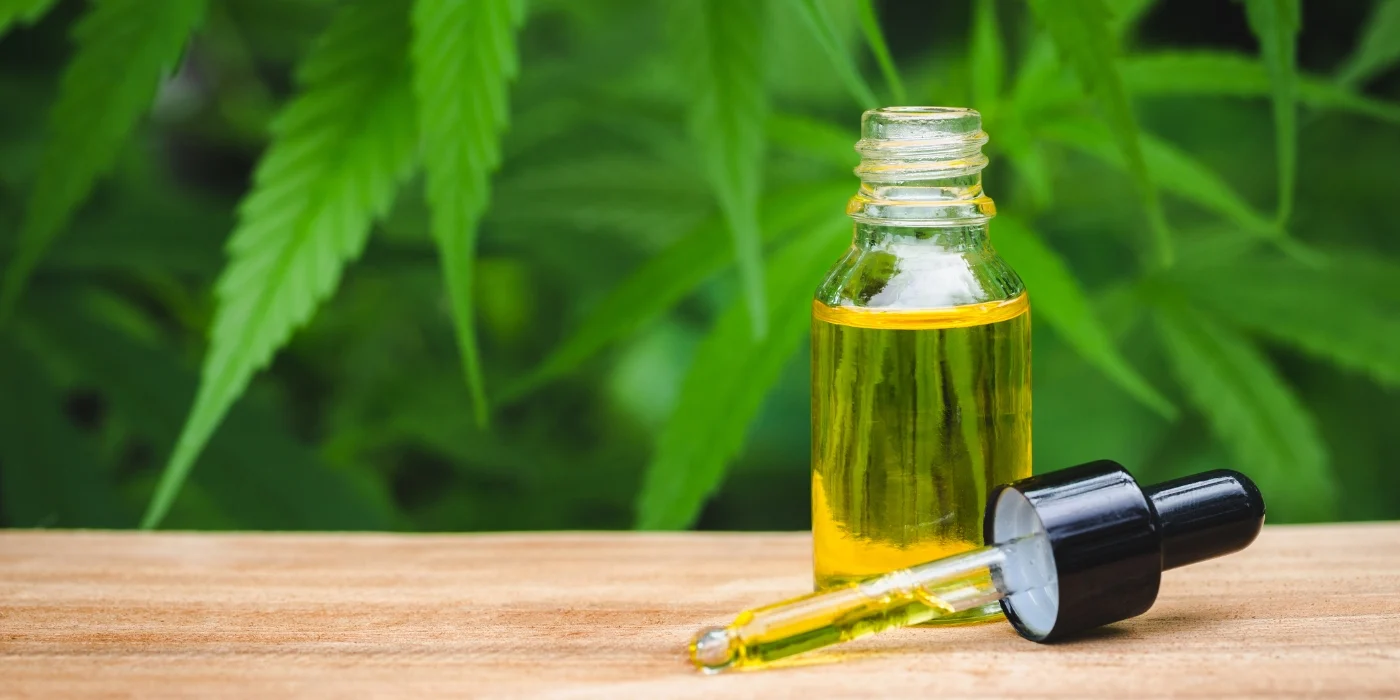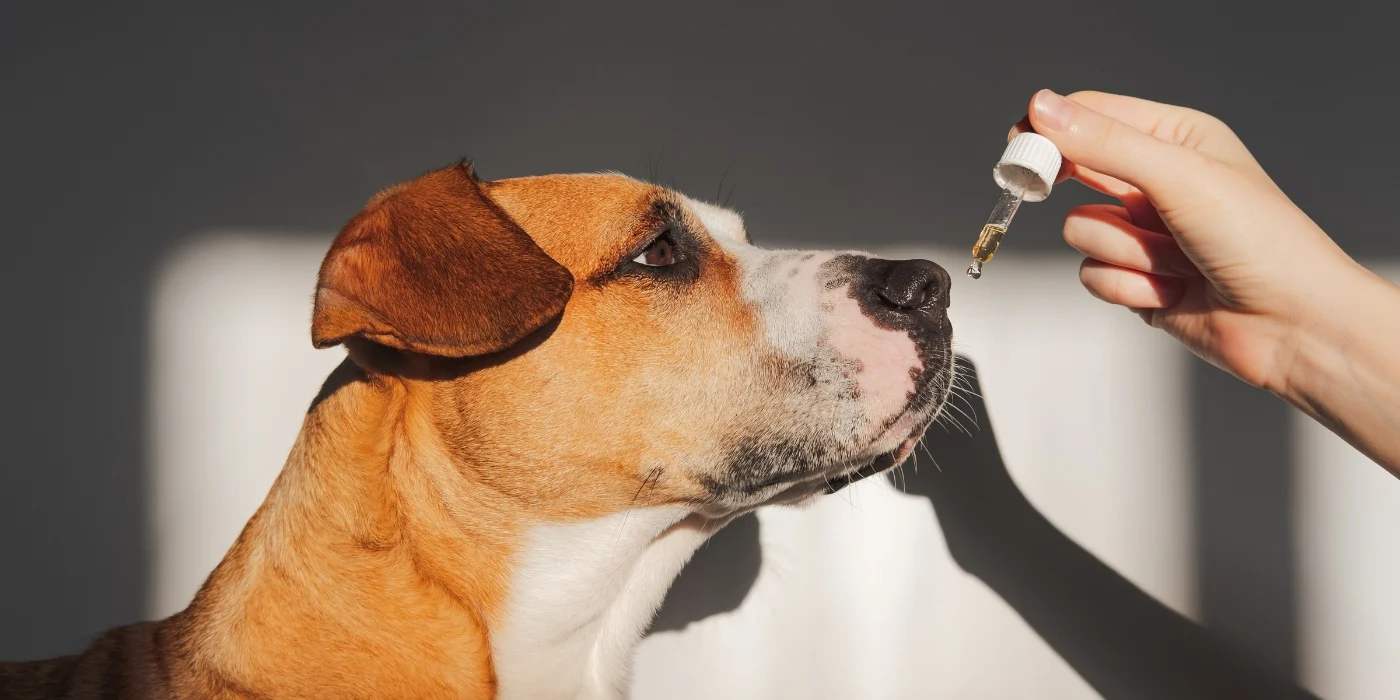
- CBD
-
by gu
Unsurprisingly, sleep is one of the essential factors in maintaining one’s mental and physical health. Studies have shown that sleep deprivation can lead to a wide range of ailments; yet, according to the National Heart, Lung, and Blood Institute, an estimated 50 to 70 million Americans suffer from chronic sleep conditions.
Given the potentially harmful side effects of some prescription sleeping medications, many adults have turned to CBD to help them get a good night’s rest. But does CBD for sleep really work? In this article, we’ll describe what this cannabinoid is, how it affects the body, and discuss what the science says about CBD for sleep.
What Is CBD?
Cannabidiol (CBD) is the second-most-common cannabinoid found in cannabis plants. Its more prevalent counterpart, tetrahydrocannabinol (THC), is a psychoactive compound known to deliver intoxicating effects. CBD, on the other hand, is nonintoxicating and does not produce a “high” as THC does. Instead, this cannabinoid has been shown to provide many therapeutic effects in the body.
Marijuana plants typically contain high levels of THC and only traces of CBD. Most cannabis strains on the market produce more than 15 percent THC and less than two percent CBD. In contrast, hemp has been bred to contain less than 0.3 percent THC and up to 20 percent CBD.
Although THC-rich cannabis has been legalized in many US states, it remains illegal at the federal level. CBD, however, can legally be sold and consumed as long as it has been extracted from hemp. As a result, CBD hemp products have become increasingly popular among medical and recreational cannabis users.
How Does CBD Affect Sleep?
Those suffering from pain, inflammation, muscle tension, anxiety, and other conditions often have difficulty sleeping through the night. Although research is limited, some studies have indicated that CBD may offer relief from these ailments, helping users fall asleep and stay asleep longer.
CBD also has various effects on the endocannabinoid system (ECS)—a network of signals and receptors that helps to regulate sleep, learning and memory, appetite, and many other essential functions in the body and mind.
CBD for Pain and Inflammation
Chronic pain is often associated with insomnia. In fact, the Sleep Foundation states that the majority of people with chronic pain have substandard sleep quality. Fortunately, research suggests that CBD may possess analgesic and anti-inflammatory properties that can help to reduce pain.
A 2006 study found that CBD may combat pain by binding with the CB2 receptors in the ECS. These receptors have been shown to reduce pain and inflammation throughout the body. For those with chronic pain, reducing inflammation could be beneficial.
CBD for Anxiety
Stress is another common contributor to insomnia, and one that many people experience from time to time. According to the American Psychiatric Association, nearly 30 percent of adults experience anxiety at some point in their lives. And when you’re feeling stressed, getting a good night’s rest can be very difficult.
Luckily, CBD may be helpful here, too. Again, more research is needed, but some evidence suggests that CBD has the potential to help with anxiety, PTSD, depression, phobias, and other debilitating mental disorders. Because the ECS plays a role in regulating emotions and memory storage, a variety of mental illnesses may occur when this system is out of equilibrium.
Because CBD is nonintoxicating, it may be an excellent tool for treating anxiety without causing lethargy, disorientation, or paranoia—symptoms that high doses of THC may produce.
CBD for Muscle Tension and Spasms
Anxiety, stress, and many other conditions can cause or exacerbate muscle tension in the body. The problem is that muscle tension and insomnia can become a vicious cycle: Tension makes it hard to fall asleep, and lack of sleep causes further muscle stiffness.
Muscles contract when the brain sends electrochemical signals through the central nervous system. Without enough endocannabinoids to slow this process, nothing will prevent these signals from causing the muscles to remain contracted. One study suggests that CBD can serve to normalize muscle fibers, inhibiting electrochemical signals that cause muscle tension and spasms.
What Are the Side Effects of CBD?
Given all the evidence above, it’s clear that CBD is a promising compound that may be a practical alternative to sleeping pills; however, this cannabinoid is not without side effects. According to the Mayo Clinic, CBD is typically well-tolerated but may cause:
- Dry mouth
- Diarrhea
- Loss of appetite
- Drowsiness
- Interactions with other medications
How To Take CBD Safely
Talk to Your Doctor
As mentioned previously, CBD may interact with certain medications, including blood thinners, statins, cancer medications, and antidepressants. Therefore, it’s always a good idea to consult a medical professional before ingesting CBD of any form. Ensure the doctor is aware of what medications you’re currently taking and which form of CBD you plan on using.
Buy High-quality CBD Products
Hundreds of CBD products are available nowadays, and not all are safe. Poor-quality products may be low in CBD or contain THC, pesticides, and other contaminants. If you want to buy safe products that are rich in CBD, the best way to do so is to visit a state-regulated cannabis dispensary.
If you’re fortunate enough to live in a state that allows medical or recreational home grows, another great option is to cultivate your own high-CBD hemp. Just make sure to consult your local and state laws beforehand.
Find the Right Dosage
To avoid any adverse side effects, you must start with a low dose of CBD and see how it affects you. If you respond well, gradually increase the dosage until you notice the effects. Everyone responds to CBD differently, so finding what works for you is essential.
It’s also important to note that CBD comes in many forms, including topicals, edibles, smokeable flowers, and concentrates. If you find that one method of ingesting CBD isn’t working, consider trying a different one.
Should You Try CBD for Sleep?
While research is limited, it’s evident that CBD has many therapeutic properties, many of which may help with sleep. Ultimately, it’s up to you and your doctor to decide whether CBD is right for you. If you get the green light from your doctor, start with a low dose, and work your way up from there. And don’t forget that proper sleep hygiene is a must to get the most out of your CBD products.
Have you tried CBD for sleep? Please share your experience in the comment section below. While you’re here, check out our complete collection of premium feminized CBD hemp seeds.



